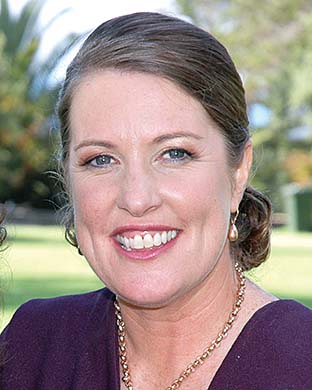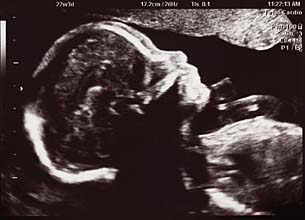New research shows males and females approach risk-taking differently even in utero.
An incredible new chapter has been revealed in the still unfolding story of human in-utero development.
Research at the University of Adelaide’s Robinson Institute has shown the human fetus is able to deliberately slow and modify its development in response to a sub-optimal maternal environment, such as if the mother has a pre-existing disease or suffers extreme stress.
This increases its chances of survival. But remarkably, only female fetuses use the ability. Males instead “roll the dice” and attempt to continue growing at their normal rate, placing them at greater risk should further complications arise.
Associate Professor Vicki Clifton discusses this fascinating growth mechanism and its possible implications for managing pregnancy.
About the Speaker
 Associate Professor Vicki Clifton is an NHMRC Senior Research Fellow and has been part of the University of Adelaide’s Robinson Institute, Department of Paediatrics and Reproductive Health since January 2008. She is also Director of Clinical Research at the Lyell McEwin Hospital in Adelaide.
Associate Professor Vicki Clifton is an NHMRC Senior Research Fellow and has been part of the University of Adelaide’s Robinson Institute, Department of Paediatrics and Reproductive Health since January 2008. She is also Director of Clinical Research at the Lyell McEwin Hospital in Adelaide.




